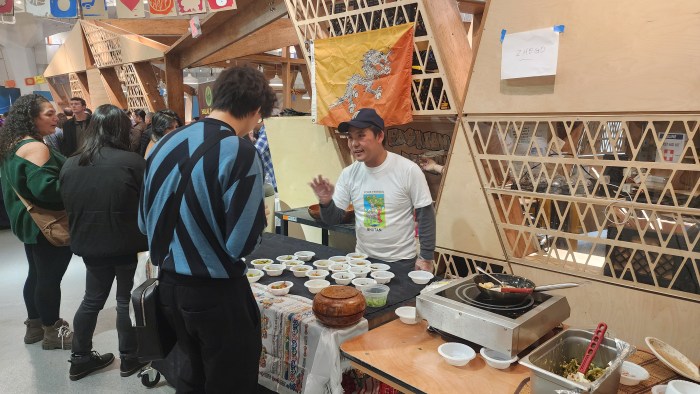Distributed To Health Care Facilities
(AP) The maker of the best-selling cancer drug Avastin is warning doctors and patients about counterfeit vials of the product distributed in the U.S.
Roche’s Genentech unit says the fake products do not contain the key ingredient in Avastin, which is used to treat cancers of the colon, lung, kidney and brain.
A spokeswoman said the counterfeit drug has been distributed to health care facilities in the U.S., though it’s unclear how many prod- ucts are in circulation or where they may be concentrated. The company is working with the Food and Drug Administration to track down the counterfeit vials and analyze their contents.
“We’re still analyzing what it is, we know it doesn’t contain the active ingredient in Avastin,” said Genentech spokeswoman Charlotte Arnold.
Arnold said the company was alerted to the problem by foreign health regulators and believes the counterfeits were imported from abroad, though she could not specify a country.
Doctors who suspect they have received counterfeit drug should contact the FDA’s criminal unit or Roche’s quality assurance department. Avastin is administered in doctor’s offices and hospitals.
“It’s an infused medicine and not something a patient would have in their hands, so it’s really health care providers who should be on the lookout,” Arnold said.
Roche said any patient taking Avastin who experiences side effects should contact their doctor immediately.
The counterfeit products do not have “Genentech” printed on their packaging, which appears on all FDA-approved cartons and vials of the drug. Additionally, legitimate Avastin contains a six-digit lot number with no letters. All the text on the product’s packaging is in English.
The company believes drugs labeled with the following lot numbers may be fake: B86017, B6011 and B6010.
An FDA spokeswoman could not immediately provide comment Tuesday evening.
Avastin is a widely-prescribed cancer therapy that works by choking off the blood supply that feeds tumors. It was the first drug of its kind approved by the FDA.
The injectable drug generates about $6 billion per year for the Swiss drugmaker Roche, and in 2010 it was the 14th best-selling drug in the U.S., according to data tracking firm IMS Health.
Drug contamination and counterfeiting has become a growing concern for U.S. companies as pharmaceutical manufacturing has increasingly moved offshore. Approximately 80 percent of the active ingredients used in U.S. prescription drugs are now manufactured overseas, according to congressional investigators.
In 2008, a contaminated blood thinner called heparin was connected with dozens of deaths and hundreds of allergic reactions across the U.S. after being imported from China. An FDA investigation concluded the drug had been intentionally contaminated with an ingredient that mimics heparin “to reduce the costs of production.”
Recent legislation introduced in the House would create a mandatory barcode system to monitor the authenticity of all prescription drugs moving through the U.S. supply chain.


































